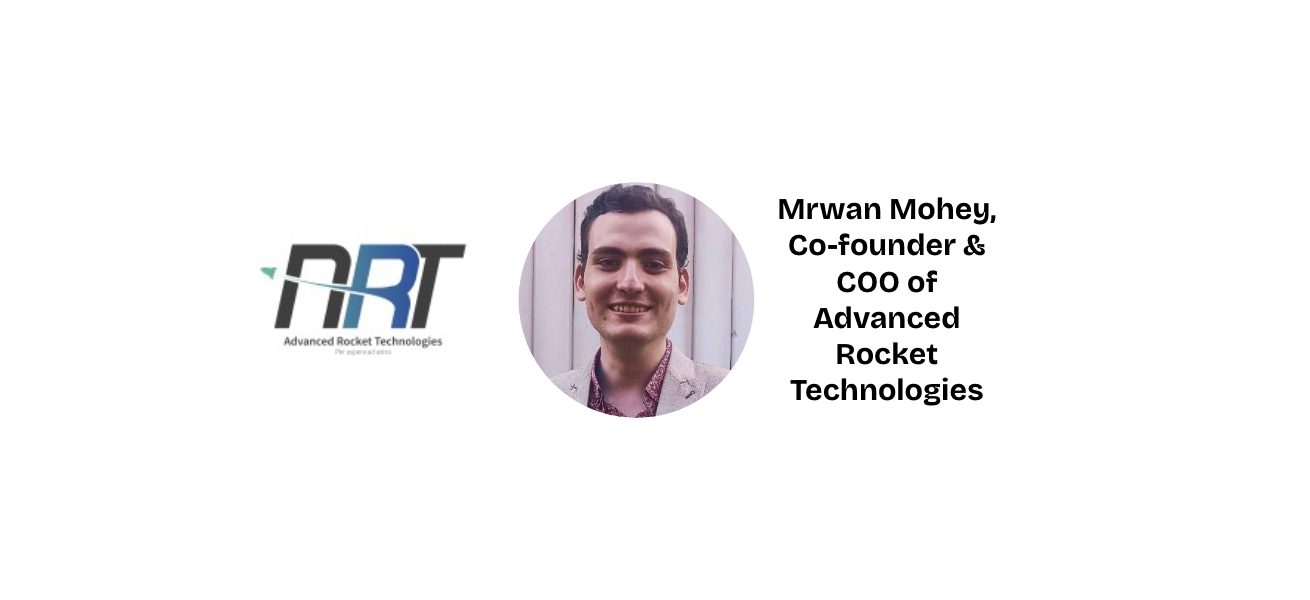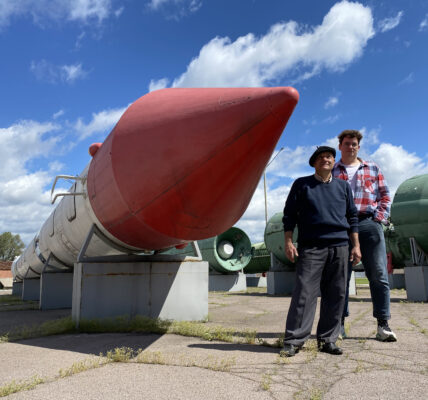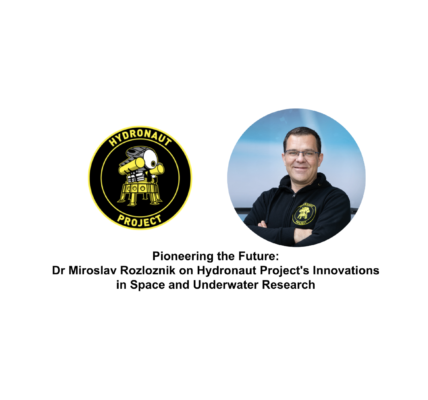
In 2021, Mrwan Mohey graduated with a bachelor’s degree in physics, kindling a passion for space and science. During his academic journey, he honed practical skills through internships at the Egyptian Atomic Energy Authority and the Information Technology Industry Development Agency. Simultaneously, Mrwan spent two years as a YouTube content creator, aiming to demystify physics and highlight its real-world significance beyond exams.
Inspired by a shared vision, Mrwan and Seif Zahran launched Advanced Rocket Technologies in May 2022, realizing their dream of launching rockets from the Middle East. Alongside space exploration, Mrwan engages in social media content management and data analysis, adding a dynamic layer to his professional pursuits.
How is A.R.T preparing for its inaugural rocket launch in 2024, and what key milestones are you focusing on in the lead-up to the launch?
The rocket industry is all about perfecting systems and products. It requires the highest safety levels and the lowest damage rates, and achieving this goal is impossible without extensive testing. Therefore, we strive to push the limits of our technical knowledge by testing each component separately before integration into our system. Subsequently, we retest everything to ensure the success we are aiming for.
As for the milestones, we certainly do not want our prototype to blow up on the launchpad; that wouldn’t be so nice as a start. We have set specific goals for our first test launch, hoping to achieve as much as possible. However, our primary objectives include igniting the launch engines, propelling the rocket off the launchpad, and reaching our expected altitude along a nominal trajectory.
What challenges do you anticipate in providing low-cost rocket launches, and how is A.R.T addressing these challenges?
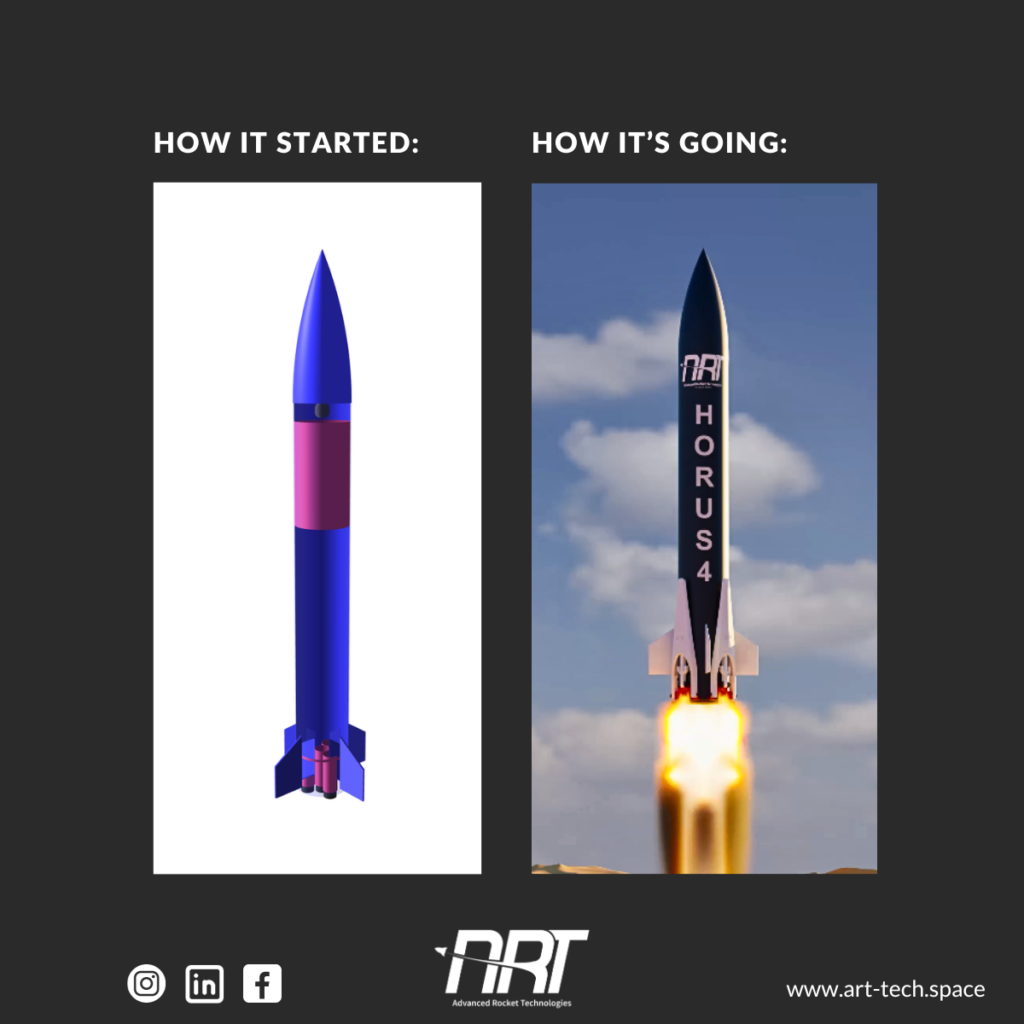
The road is long and bumpy until we attain low-cost rocket launches. The way to achieve this is by reaching the pinnacle of technology, engaging in mass rocket production, achieving 100% in-house manufacturing, ensuring flawless operations, establishing robust infrastructure, and implementing well-defined regulations.
We are actively working towards these goals by partnering with regional entities and governmental institutions to build a comprehensive space ecosystem for the Middle East and Africa.
In terms of safety measures, what protocols and systems has A.R.T put in place to ensure the safe execution of rocket launches?
Currently, we are working on our first prototype using pre-existing components that have already been tested and used by others. Therefore, we follow regular work safety measures and protocols in our workshop. In the event of any test launch in the UK, we will adhere to the applicable rules as a UK-based company.
As for our second and third phases, we are collaborating with partners and advisors to establish the highest protocols and the most efficient safety measures in the sector for our company.
Can you elaborate on A.R.T’s strategies for engaging with educational institutions and scientific communities to promote the use of your rocket launches for experiments and research?
We initiated an educational program called ‘FADAA’ to provide affordable and easy access to high-quality courses and hands-on experience projects for universities and students worldwide. Not only do we aim to provide, but we also strive to take care of what we have started. Currently, we are working on building a community for space experts, enthusiasts, and students who share the dream of space and a passion for the stars.
How does A.R.T plan to penetrate the market in Africa and the Middle East, and what specific efforts are being made to attract customers for scientific and educational purposes?
People will trust you once they see your real work and get involved in what you build. So our plan regarding market penetration is about gaining the trust of the people here first; through working with well-known and recognized entities with the same vision as ours – going to space from the yellow desert.
Are there any key technology partnerships or collaborations that A.R.T is pursuing to enhance its rocket launch capabilities or reduce operational costs?
Of course, there are. Currently, we are in promising talks with a couple of potential partners that will be very beneficial for building and launching our space rockets from the Middle East. So, stay on board because we may share some big news soon.
Given the environmental concerns associated with rocket launches, what steps is A.R.T taking to minimize the environmental impact of its operations?
The technology has changed a lot since the last century, and currently, we have efficient burning systems, green rocket fuel with low carbon emissions, a reusability and recycling mindset, stricter and more advanced regulations, etc.
So, we are keeping all of this at the forefront of our work and during our conversations with any partners here because the goal of going to space is to improve our life on Earth, not to undermine it.
Looking beyond the inaugural launch, what are the long-term plans for scaling A.R.T’s rocket launch operations, both in terms of frequency and geographic expansion?
Our long-term goal is to reach the low earth orbit on a regular basis, using re-usability technology, while being 100% made in the Middle East. And we believe that our region has the required capabilities to get it done.
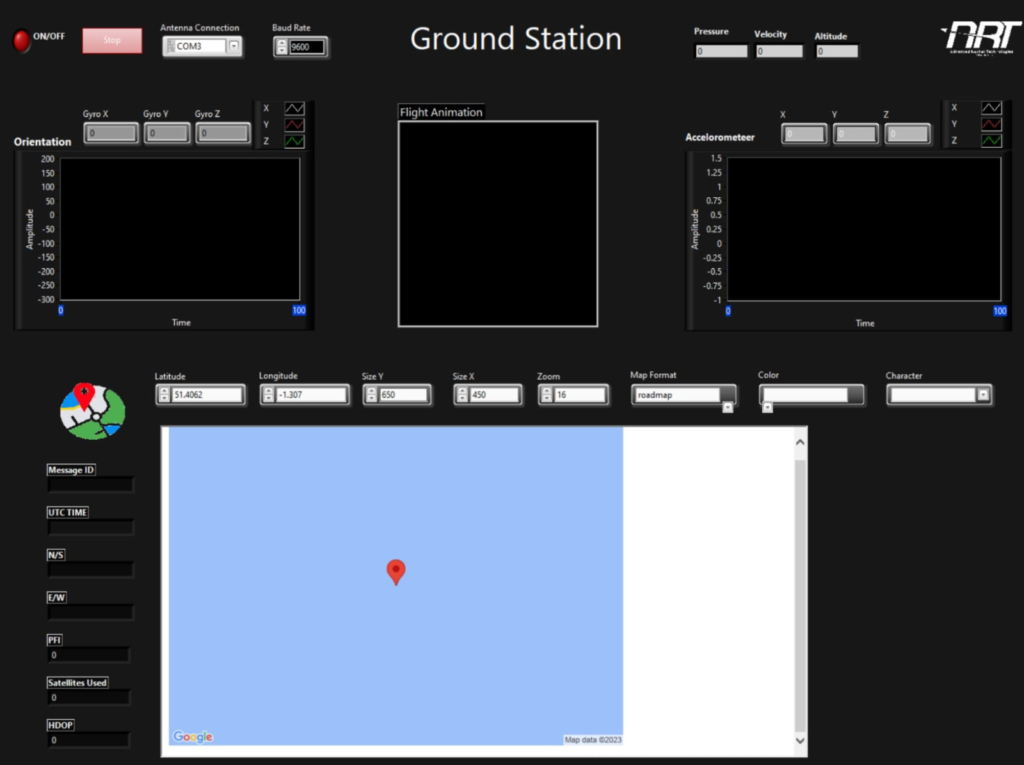
Who are A.R.T’s main competitors in the region, and how does the company plan to differentiate itself, particularly in terms of cost-effectiveness and technological innovation?
Our main competitors in the region at the moment! There’s none as far as we know. But of course, we welcome any healthy competition as it will bring goodness to the region.
And we will differentiate ourselves, by being the pioneers for rocket launchers in the Middle East & Africa and we work very hard to achieve that goal as a team with our upcoming partners through the plan that we already prepared, to stand our services and capabilities from anyone.
After the first launch in 2024, what mechanisms does A.R.T have in place for evaluating the success of the mission, learning from the experience, and making improvements for subsequent launches?
We are very excited about conducting our first launch next year as we strive to test our understanding of rocket systems and how to make the best use of them. As I mentioned earlier, we have set a couple of goals that we hope to achieve from our first test launch, but, of course, that won’t be the end of it.
Our plan works as follows: each phase is considered a test bed for the subsequent phase. This way, we ensure that our ideas, components, and systems have undergone numerous tests and conditions before we conclude that they work very well and are trustworthy for use on a large scale.
